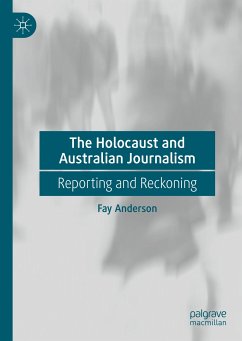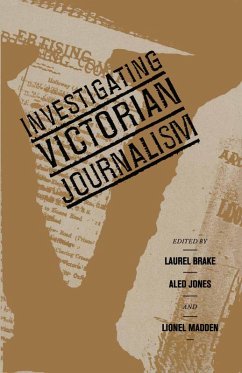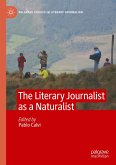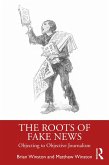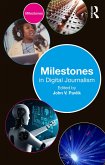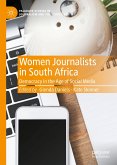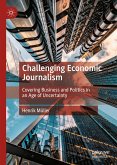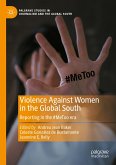This book explores the Australian press reporting of the persecution and genocide of European Jews, and the extent to which the news of the Holocaust was known and believed, revealed and hidden, and acknowledged and minimised. Spanning the coverage of Hitler's political ascent in the 1920s through to the Nazis' extermination campaign, it culminates in the accounts of the trials of Nazi war criminals and the post-war transnational migration to Australia of Holocaust survivors, to a country far from universally welcoming in its reception of them. The book also tells the story of the journalists who reported on these tragic events and the editors who published them, along with the political, social and cultural context in which they worked, in an environment influenced by exclusionary ideas about race and nationality that did not necessarily inspire sympathy for Jews and their trauma. This book sheds light on the ethics of reporting human suffering, violence and genocide and - centrally - on the role of the press in shaping Australia's collective memory of the Holocaust. It encourages readers to think critically about media power, public apathy, advocacy, and the importance of truth. Disturbing evidence of increasing anti-Semitism in Australia as elsewhere, along with continuing Holocaust denial, provide an additional urgency to this study.
Fay Anderson is Associate Professor at the School of Media, Film and Journalism at Monash University. She has published widely on media history, war journalism, genocide, press photography, trauma, memory and crime. Fay has authored and edited four books, including An Historian's Life: Max Crawford and the Politics of Academic Freedom (MUP, 2005); her co-authored book with Richard Trembath Witnesses to War: The History of Australian Conflict Reporting (MUP, 2011); and Shooting the Picture: Press Photography in Australia, co-authored with Sally Young (MUP, 2016).
Dieser Download kann aus rechtlichen Gründen nur mit Rechnungsadresse in A, B, BG, CY, CZ, D, DK, EW, E, FIN, F, GR, HR, H, IRL, I, LT, L, LR, M, NL, PL, P, R, S, SLO, SK ausgeliefert werden.

